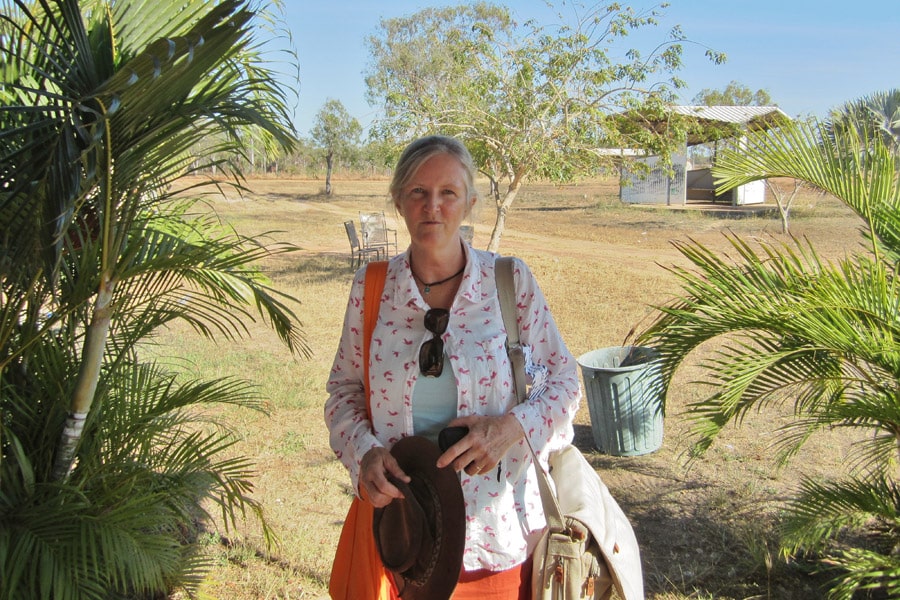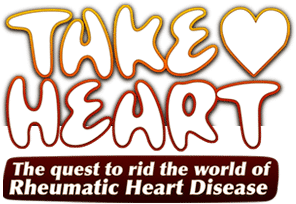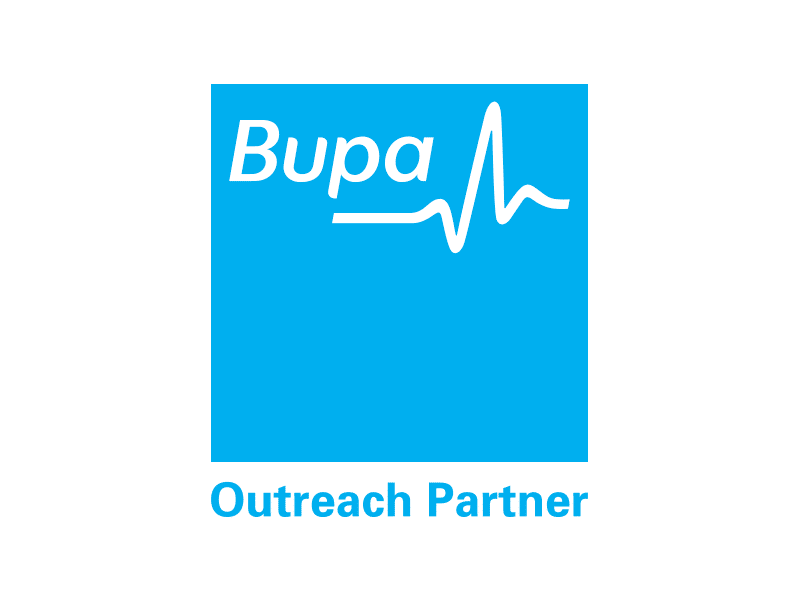NEWS

Acute Rheumatic Fever research – trying to learn what it’s like for people with this condition
Guest Blog by Alice Mitchell, PhD Scholar, RHD Secondary Prophylaxis
The last two years have been a special opportunity of visiting young Aboriginal people with acute rheumatic fever (ARF) in remote communities in the NT. It’s been especially good to visit some people repeatedly and develop ongoing relationships. This has given me a window into their world.
I endeavoured to blend in and to participate in whatever was happening with young people while I was a guest in their communities. This included squashing into the back of 4WDs to go hunting with them for turtle eggs and shellfish, sharing meals outdoors sitting cross-legged on the ground, sitting on the sand watching them dance as part of large groups in traditional ceremonies, and, of course, raising the topic of ARF, doing ‘off the cuff’ education sessions with parents when requested and sitting with young people in clinic waiting rooms when they go for their 28-day penicillin injections.
This was an opportunity to try to understand the ‘lived experience’ of young Aboriginal people with acute rheumatic fever or rheumatic heart disease as much as is possible for an outsider. Having lived in Aboriginal communities for long periods of time prior to this research, and being able to speak one of the Aboriginal languages gave me a head start. And, as I think is quite common with this type of research, the experience affected me more than I expected.
When you get to know family after family with young people affected by these preventable conditions, a collective picture emerges: there is a serious problem with ARF in north Australia.
At times you feel the stories are just so sad – so many Aboriginal children bear central chest scars from heart surgeries to repair or replace heart valves; so many adolescents take daily warfarin to stop their blood from clotting on their mechanical valves. This is not right in Australia in 2016.
Just a smattering of families understood what they are dealing with; what causes the problems with their children’s hearts. To most families it is a mystery. Yet they welcomed the opportunity to ask questions of someone who had ample time to talk, someone who could sit comfortably in their world. Someone who had entered their space. ARF is a complex condition to learn about and many families face trying to learn about if from people who don’t speak the same first language or who don’t start from their point of view.
I found that when families did gain an adequate understanding, they wanted action.
Alice Mitchell is the Indigenous Liaison for Take Heart. Alice has lived and worked in the Top End for over 20 years, including in communities, and is fluent in the Djambarrpuyngu language. She recently undertook a PhD on Rheumatic Heart Disease, an area of great interest to her as a result of working as a remote area nurse with young Aboriginal people with this preventable condition. “It was devastating to watch young people who you’ve known since they were small have their lives end at age 20 with Rheumatic Heart Disease!” And conversely, when working on health DVD and Radio productions, a joy to see that, when the time is taken, and we work together, that Aboriginal people can get the information they need in order to get control conditions that play havoc with their lives.

















